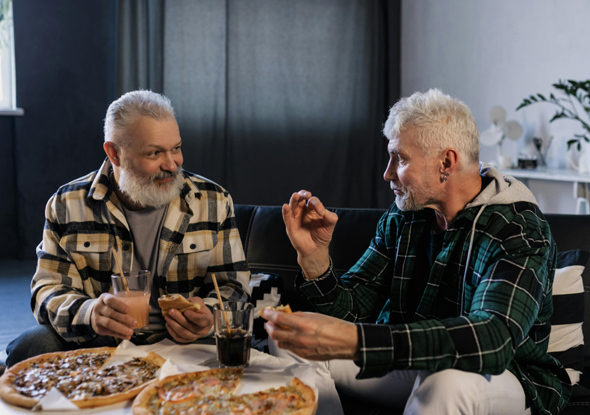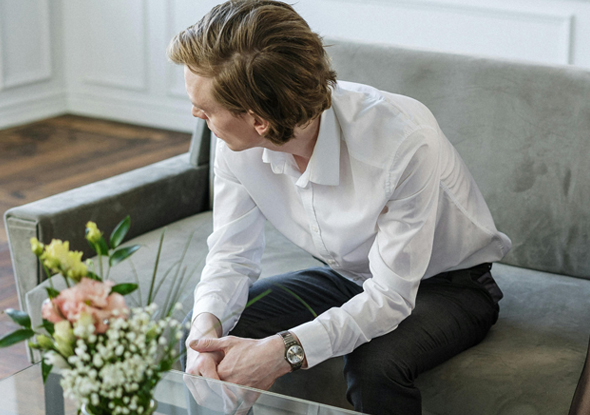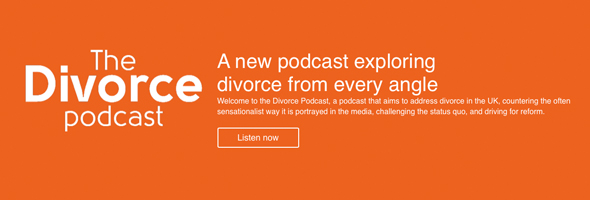Divorce And Friendships: Navigating Shared Social Circles

- This blog contains affiliate links, which we may receive a commission for purchases. The decision is yours, whether or not you decide to buy.
When it comes to divorce, who gets to keep the friends? As we all know, divorcing is all about splitting up. Splitting up time with the children, marital assets, pensions… But one part of the split that is less often discussed is the splitting up of shared friends. When it comes to divorce, who gets to keep which friends?
Of course, it does not have to be that way. There is no reason why friends would need to choose who to align with, as they are not part of the marital relationship. But in practice, this is usually a very sore point for divorcing couples, who feel a lack of allegiance is a form a betrayal.
This emanates from the overwhelming sense of vulnerability and loneliness that comes during these types of life transitions. When we feel unsupported and everything is changing around us, we need the people we love to hold steady and be there for us.
All couples have two categories of friends: those that are mostly or exclusively theirs, and those they share. The ones that are truly yours will naturally stay by your side and usually stop seeing your soon-to-be-ex.
The problems arise when it comes to friends you have in common. In this article, I present my three key learnings with regards to managing the impact of divorce on this latter category, the shared friendships. These tips are intended for the divorcing individuals, but they can also be good guidance for friends who are trying to manage this delicate situation.
Don’t ask shared friends to choose sides
One of the main feelings your friends will be experiencing during this time is discomfort. Even if you do not ask them to, they will feel like they are being expected to take sides and to choose with whom they wish to align.
It may seem obvious, but it is essential to reassure them that that is not the case. While the divorce will usually involve some conflict in the couple that is separating, it is healthier for everyone if they can keep that conflict between themselves.
Just like it is always recommended not to ask children to align with one or another of their parents, friends should not be made to choose either. Similarly, you cannot blame your friends for not hating your ex when he or she hasn’t done anything to them personally. Expecting loyalty at all costs is an unreasonable demand which often causes much resentment and unnecessary ending of friendships.
By reassuring your friends that you respect their neutrality, you will see two amazing things happen. First, they are much more likely to remain closer to the person who is not making them take sides and is therefore sparing them the discomfort of hearing about all the horrible things their ex has done.
Keep in mind that no one ever looks good trying to make someone else look bad. Second, you will notice that, by not speaking ill of your ex to them, you will start letting go of the anger and stop thinking about it as much. Divorce is a period is which we often need support and distractions.
Our friends and family are in a unique position to offer us some of that relief and are therefore extremely valuable during that time. However, when it comes to processing your feelings, planning your divorce strategy, or understanding the lessons learned, it is better to seek professional support.
Be clear about your needs
Most good friends will want to be there for you and give you the support you require during your separation. They will, however, probably struggle to figure out what exactly you want from them.
In most cases, what we need from our friends at this time is someone we can speak to without fear of being judged, someone who helps us take our mind off things. Your friends will be able to offer you this, whether they are still friends with your ex or not. Where you can help them, though, is by being clear on what you expect from them.
It is often very hard to second guess what type of support someone wants. It may be that you prefer for them to simply listen, or that you want to be distracted from the divorce and not talk about it at all.
Similarly, if they are still in contact with your ex, you may want to ask them not to mention his or her name, or to not share anything about you with them. By providing clarity to your friends about the ways in which they can be there for you, you are making it easier for them to do so and avoiding frustrations later down the line.
It would make sense to ask them in return if there is anything they would like you to avoid doing because it makes them feel uncomfortable. Speaking badly about your ex might just be one of the things they ask you to avoid doing in their presence.
Trust the process: your real friends will emerge
The final lesson is probably the most important one. True friends reveal themselves in times of crisis. Whether they stay in contact with your ex or not, those who are worthy of your trust and affection are those who will remain by your side during this difficult period.
By remaining confident that time will naturally weed out those who were not truly your friends, you will take a lot of pressure off yourself, and them, with regards to taking sides. You may end up being hurt and disappointed by those who you thought were true friends and are failing you at this time. But there will also likely be some pleasant surprises with regards to other friends who will truly step up to the plate.
Through the uncoupling process, you are also likely to meet new people or to reconnect with old hobbies which will expand your social circle. Over time, you will start building a whole series of new friendships with people your ex has never even met.
The good news is that the process will do the work for you, these things will happen naturally. Focusing on the friends you have gained and the relationships you have reinforced during your divorce will improve your ability to start the next chapter of your life with confidence.
Clearly, the decision to divorce has repercussions on all dimensions of our life, be it family, work or friendships. Despite the tsunami of emotions most people experience during significant life transitions, keeping your eye on the long term will be key to helping you navigate these tumultuous times.
Trust that in the end, you will have your true friends by your side and possibly new ones too, and that, at very soon, it won’t matter who stayed in touch with your ex or not.
Written by Chloe O The Divorce and Separation Coach. Visit www.thedivorceandseparationcoach.com for further information.
PHOTO: ALENA DARMEL
You may also like
Books
Buy now from Amazon
- The Power of Positive Energy
- Manifest: The Sunday Times bestseller that will change your life
- Parenting Apart
Podcast
Kate Daly is co-founder of amicable and host of the The Divorce Podcast. Kate created The Divorce Podcast to discuss and demystify divorce, separation and co-parenting in the UK. In each episode, Kate is joined by experts in their field to explore divorce and separation from every angle.
Articles
- Divorce Mediation Explained
- 7 Things You Should Think About Before Filing For Divorce
- Is Online Mediation Right For You?
Videos
Practical advice and tips from professionals on what to do with issues and challenges around divorce from parenting to finance.
Events
Practical tips & advice designed to help people going through divorce, whether online or in person.
Useful links
Here's a selection of organistaioins from parenting to finance to help you with your divorce.
Coaching | Counselling professionals
Related Posts
-

Most Common Age for Divorce in the UK and the Key Reasons Behind It
-

Reclaiming Joy After Divorce: Small Daily Rituals That Make a Big Difference
-

Navigating Social Media During Separation: Essential Dos and Don’ts in the UK
-

Is Silence Destroying Your Marriage? How Poor Communication Leads to Divorce (And What You Can Do About It)
-

When Is the Best Time to Start Family Mediation in the UK? | Guide for Separating Couples


.jpg)
.jpg)



.jpg)

